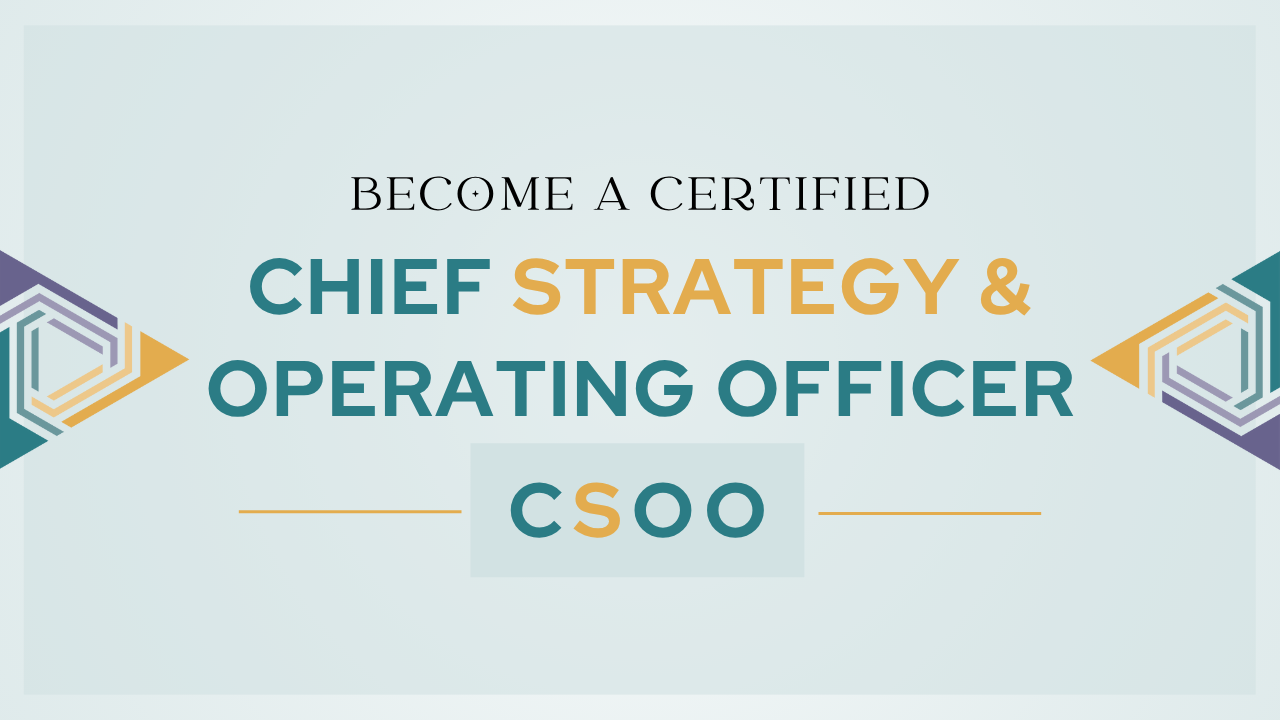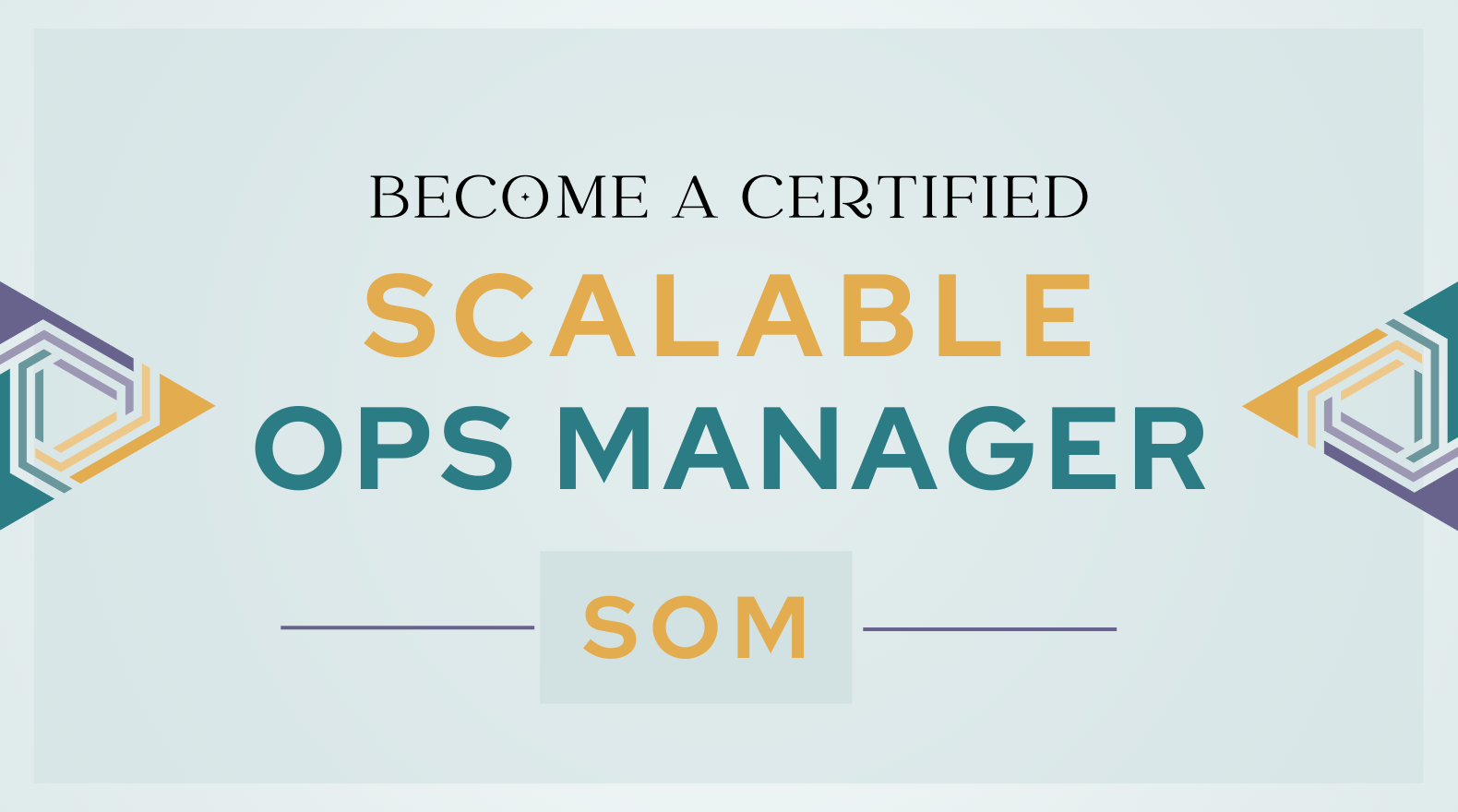
There’s a reason the old ways of marketing aren’t working like they used to. Audiences have gotten smart and skeptical.
After being burned one too many times, people are no longer giving businesses the benefit of the doubt. Instead of “I’ll believe you until you give me a reason not to,” it’s now “I won’t believe you until you prove that I should.”
And that changes everything.
If you want to build trust in a distrusting market, you have to stop trying to look authentic and instead be authentic.
But here’s the catch: authenticity isn’t a strategy. It’s not a content pillar. It’s not something you calendar in on Tuesdays.
It’s how you show up, consistently.
Here’s what actually works when it comes to building trust online today and what breaks it.
What Fake Authenticity Looks Like in Online Marketing
People can smell it a mile away. That “vulnerable” post that’s perfectly timed before a launch.
The overly curated messiness. The orchestrated tear-jerker with the CTA baked in.
The reality is that if you’re planning out your authenticity like a funnel, it’s not authentic… and your audience knows it.

Things that break trust?
- Manufactured vulnerability that’s more about likes than leadership
- Oversharing personal struggles without a point or purpose
- Pretending to be more successful than you are
- Pretending to be less successful to stay “relatable” when your business has grown
- Saying one thing and doing another
- Outdated sales and marketing models like fake urgency and scarcity
I'm going to guess you've seen examples of this too... And maybe even done some of them.
No judgement here - it was what has been taught by marketing gurus for ages, but now it's time to do things differently and help your clients do the same.
How to Build Trust Online Through Real, Authentic Marketing
Lead with Your Values, Not Just Your Message
It’s not about what you say in your brand guidelines or stick on a slide deck.
It’s about how those values show up in every decision you make, even the inconvenient ones.
For example, if you say you value integrity, your brand has to embody integrity in everything you do and in the expectations you set for your team and your clients. It can't just be how you describe your brand publicly or in a job posting.
One of the simplest ways to build trust is by being honest about what it will take to achieve success when working with you versus promising “quick and easy results”.
That means resisting the urge to over-promise just to win the sale.
If something will realistically take 6 weeks, don’t say you can do it in 2.
If someone needs to dedicate 5 hours a week to something, don’t tell them 1 is okay.
If results take time to materialize, clearly communicate that upfront.
It might feel risky in the moment to be that direct, especially if others in your industry are making bolder promises.
But if you are trying to build sustainable success and trust, it isn’t built through inflated claims… it’s built through follow-through.
Sure bold promises might get someone to say yes initially, but it will only damage the reputation of your brand long-term if they were based on unrealistic or unattainable expectations.
Clients remember when what you said matched exactly what you did.
Often, that level of clarity and honesty is the very thing that sets you apart. (Plus, as a side bonus, it typically brings in more committed and aligned clients.)
When your messaging aligns with how you actually deliver, people stop questioning and start trusting.
Be Transparent Without Pulling People Into Drama
Mistakes happen. Tech breaks. Funnels glitch.
That doesn’t mean you need to spiral or blame publicly.
Transparency sounds like: “Thanks for your feedback and patience, the issue is now fixed.”
It doesn’t need to become a multi-slide story meltdown or a finger-pointing post.
Own it, fix it, move on.
Your audience wants leadership, not a live broadcast of your behind-the-scenes stress or a blame game of why the tech issue "wasn't your fault" (even if it really wasn't).
Define What You Share and What Stays Private
Authentic marketing doesn’t mean sharing everything. It means being honest within the boundaries that feel right for you.
Ask yourself: am I okay talking about my personal life? My kids? My relationship?
Where’s the line between personal and private?
You get to draw the lines.
Just make sure you’re clear on them so you’re not reacting in real time or showing up inconsistently.
Talk About What You Stand Against to Build Brand Trust
Most businesses are comfortable sharing what they stand for.
But standing against something, especially shady tactics in your specific industry, helps build differentiation.
Just make sure you’re calling out practices, not people. There’s a big difference between saying, “We don’t believe in false scarcity or inflated value stacks,” and attacking someone by name.
The last thing the world needs right now is more people attacking one another, so I am a big believer in keeping it centered on the practices and behaviors that need to change.
Your audience wants clarity. Give them something to say yes to and something to say no to.
Let People Experience You, Not Just Your Content
If there’s even a sliver of personal brand tied to your business, show up.
Let your audience get a sense of who you really are - not through perfectly rehearsed posts, but in the way you speak, lead, and share what matters to you.
Sometimes people feel trust based on energy, not just content.
They resonate with how you say something, not just what you say.
If they never hear from you, they miss that connection.
That doesn’t mean you have to share your whole life, but it does mean showing up as you - consistently, clearly, and comfortably.
And when you do, you become the kind of brand people want to follow, work with, and recommend, even before they’re fully ready to make a buying decision.
Put Your Team Front and Center to Build Trust at Scale
If your team plays a key role in delivering your services, helping clients, or being part of your community, let people see them and get to know them as part of your brand.
Highlight the people behind the brand who are part of the transformation you promise.
You don’t need to carry all of the trust-building on your own.
When clients interact with your team and experience alignment, care, and excellence, it validates everything your brand says it stands for.
And I'm talking about more than simply sharing team photos.
It’s about integrating your team into your content, your events, your client experience, and your brand voice.
If someone works with you and walks away asking, “How do I find someone like that for my business?”, you’re doing it right.
Show, Don’t Tell: What Builds Brand Trust Today
The businesses that are building trust in today’s market aren’t the ones shouting the loudest.
They’re the ones quietly embodying what they believe, every single day.
Your content, your client experience, your team - they should all reflect the same core truths. That’s what people trust.
That’s what creates the “I don’t know why, but I just feel like I can trust them” effect.
Because ultimately, authenticity is not about being perfect.
It’s about being consistent, values-led, and honest, without needing to perform it.
Gut Check: Is Your Brand Really Building Trust Online?
Take 15 minutes this week to review your online presence including your website, your social content, your emails.
Does what people see reflect what you stand for? If not, what needs to shift?
Not in a strategic, let’s-map-out-our-authenticity kind of way - just a grounded, honest “does this feel like us and align with our values?” gut check.
That’s the kind of alignment people feel.
That’s what builds real trust in a distrusting market.
And that’s what shortens the buying cycle in a landscape that’s otherwise full of noise and doubt.

by Crista Grasso
Crista Grasso is the Founder of Strategic Ops Institute and Lean Scaling Co, and host of the Simplify to Scale Show.
She specializes in training and certifying fractionals and consultants to be able to effectively and strategically scale the businesses they partner with and step into becoming the Strategy + Operations Leader (SOL) that small business founders are increasingly searching for.






